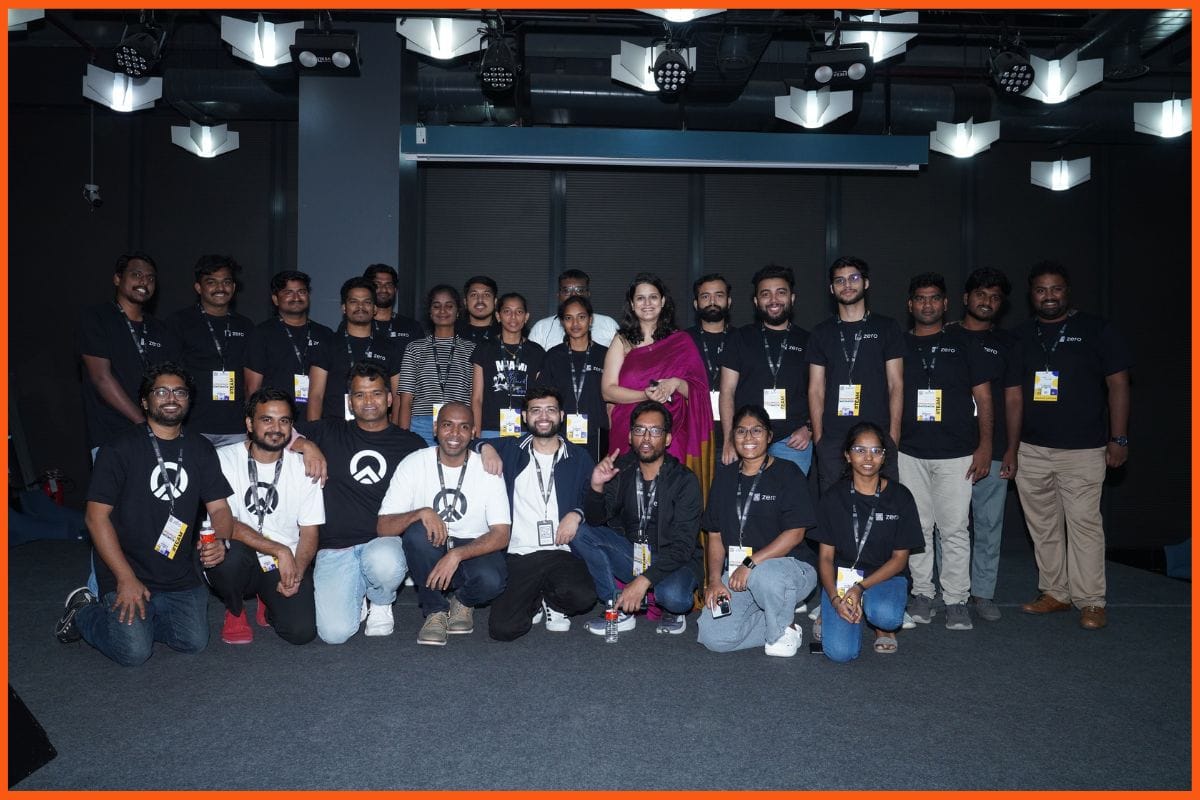Tesla's Long Awaited Launch In India
elon musk
In the automobile industry across the globe, Elon Musk's Tesla is the leading brand that manufactures Electric Vehicles and the company plans to revolutionize its cutting-edge innovations. Elon Musk announced earlier officially, that he intends to launch Tesla vehicles in India over the coming years.
After Tesla’s CEO made this announcement official, Maharashtra Tourism and Environment minister, claimed that he held a video conference with Tesla executives and have invited them to their state. India minister claimed that Musk's firm belief in sustainable and environment-friendly growth has made him active in bringing the electric vehicle maker in the country and established a fanbase in Indian states.
On the contrary, Elon Musk replied on Twitter to a tweet from an Indian profile which wrote, “Next year for sure”. However, Musk did not specify any official date or timeline for the proposed launch yet. It is worth noting that Elon Musk announced the plan to launch the company's vehicles in the country in the year 2018.
Musk's company, Tesla has been experimenting with super and advanced technologies to develop more environmental friendly vehicles that help in protecting environment.

In the world's second most populated country, India, pollution has always been a challenge to overcome over the years. The government's initiative to bring the EV company in the country will aid in environmental protection and increase in number of jobs. The government also has to look in terms of the demand production of the EV company.
The fact of establishing EV in the country is that their sales are essential, but more important is setting up a manufacturing plant in India. Due to the global pandemic, high and raging unemployment has reigned supreme in the country.
If Tesla established the production setup in the country, it will boost the economy by increasing the citizens’ job opportunities. The Indian government would take a step towards the future of tech in the automobile industry, starting with Tesla.

Challenges for Tesla’s Launch in India
Tesla has been monitoring the Indian market for quite some time now but has been unsuccessful due to some reasons like lack of infrastructure, policies, and the market for electric vehicles.
In the year 2019, the government has lowered the custom duty on EV commodities and parts to around 5%. Pre-assembled EV components will attract almost 15% taxation whereas the ones assembled in India will attract 10% taxation.
And at the same time, the Central Board of Indirect Taxes had withdrawn the exemption of customs duty for EV batteries, to boost the company's products in India, which might help the Indian EV system and the government's Make in India initiative in the longer run.
However, the plan couldn't get through and only the base has been set, there hasn’t been any major development in EV and its parts manufacturing in India, especially the ones that will be competent for Tesla’s technology.
Even though several Indian startups are looking to speed up the process, the timeline is still not defined. Addition to these, with the lack of technology, there is also a lack of infrastructure to accommodate EV on Indian roads.

Musk had spoken about India's strict vehicle import policies earlier. India's increasing duties on vehicles has delayed Tesla's entry into the Indian market. Additionally, India's inadequate EV infrastructure and the low per capita income may have also influenced the California-based carmaker's decision.
Elon Musk's tweet in 2019 read, "I am told duties are extremely high in India (up to 100%) even for electric cars. This would make our cars unaffordable."
As per a report the transactional market size of electric vehicles is expected to be $7.2 Billion in 2026 and 2030 respectively, with 97% of total EV transactions to be in the commercial vehicle segment by 2030.
Developing charging infrastructure is another difficulty that the company will have to cross. Tesla model 3 which is a complete package in a car, has 50 kWh battery pack which can cover around 355 kms. The government of India is targeting the year 2030 by which it plans to go all-electric in terms of new car sales in the country.
There is hope from the Indian government on making charging points throughout the country to push the go green movement. Buyers may also face the problem of not getting the workshops throughout the country as the company would be just setting up in India. As the vehicles are fully electric, no common mechanic can even try to fix it.
If Tesla comes to India they may also face the problem regarding the price of the cars as the price of Tesla cars starts from Rs 35 lakhs. The Tesla cars will be under the luxury section of vehicles, so the customers who will buy will be only the privileged section of India.
Conclusion
The final line must be that if Tesla comes to India, it has to take a greater risk not only in terms of competition but it also has to deal with the purchasing behaviour and nature of Indian people. If the company is aiming to establish their roots in the Indian environment it does need to look through the fact that the number of electric cars sold in India in a year is much less than other countries.
Must have tools for startups - Recommended by StartupTalky
- Convert Visitors into Leads- SeizeLead
- Website Builder SquareSpace
- Run your business Smoothly Systeme.io
- Stock Images Shutterstock





